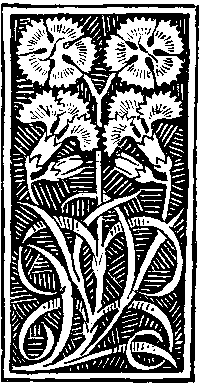Double Lives:
Neo-Victorian Girlhood in the Fiction of Libba Bray and Nancy Springer
Keywords:
adolescent fiction, Libba Bray, Gemma Doyle, girlhood, girl power, Enola Holmes, Reviving Ophelia, Nancy SpringerAbstract
This essay explores how the trope of the double life in Libba Bray’s and Nancy Springer’s neo-Victorian fiction for girls illustrates adolescent literature’s struggle with what Kate Mitchell identifies as a key issue in neo-Victorian fiction: “how to package the Victorian past for the tastes and demands of contemporary readers” (Mitchell 2010: 3). Bray and Springer portray Victorian girls who lead duplicitous lives. Bray’s protagonist Gemma Doyle appears to be an ordinary schoolgirl but is actually a powerful young woman with access to a fantastical world; Springer’s Enola Holmes, the metafictional teenaged sister of Sherlock Holmes, disguises herself to solve mysteries while maintaining the appearance of propriety. Through tracing these protagonists’ performance of Victorian girlhood as a double life, I examine how Bray’s and Springer’s novels participate in postmodern discourses on girlhood that frame the girl as a psychologically complex individual whose socially produced subjectivity can be both transcended and fragmented.


